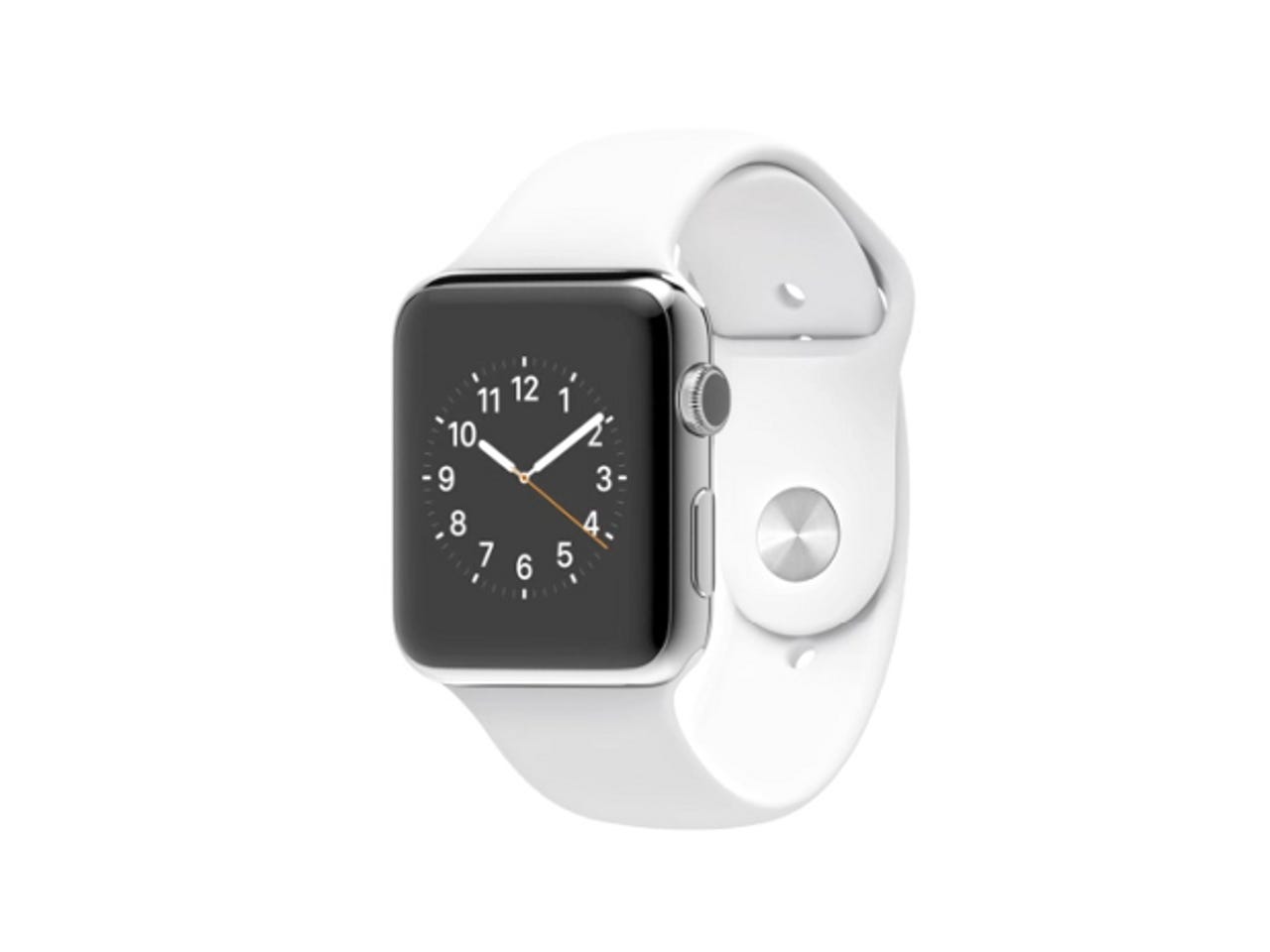Apple Watch: What does success look like?


He's not the only one with high expectations but Apple - which has been pretty clear about how iPad and iPhone sales contribute to its revenues - has already said it doesn't plan to break out sales for Apple Watch, at least initially.
That's going to make it harder to work out how well it's doing (and frustrate rivals who will want to work out whether Apple has found a pricing sweet spot for its wrist computer). Analysts are guessing somewhere between 10 million and 30 million Apple Watches will sell this year depending on who you talk to.
In some respects it doesn't matter how the device sells at first: unless something goes horribly wrong, or incredibly well, it's unlikely that anyone will know if the Apple Watch is really a success for a while yet.
There's a few reasons for that. First, that initial wave of buyers will inevitably include the Apple obsessed who would buy pretty much anything if it had an Apple logo on it. Those without a burning desire to be applauded by Apple Store staff may hold back a bit.
Secondly the first iteration of any new gadget rarely fulfils its promise: for example the iPhone only really got into its stride with the arrival of the iPhone 3G and the App Store. If the rumors about the relatively short battery life of the Apple Watch are true, those reluctant to charge a device every day may delay until the battery lasts longer (although it's worth noting many of us already charge smartphones on an all-but-daily basis anyway).
How demand for the Apple Watch develops after that initial enthusiasm is the important thing for me, not how far round the Apple Store the queue on day one stretches. The impact - and success or failure - of the Apple Watch should be measured not just in shipments, but in how it ties together and extends the Apple ecosystem through things like Apple Pay or HomeKit. That will take a while to establish.
For those unconvinced by the concept of smartwatches it's worth pointing out one should never underestimate the ability of tech companies to create a market, to manufacture desire - and a need - for a product that has never existed before. That's what has been happening (admittedly not entirely successfully) over the last two or three years with smartwatches.
And never underestimate the ability of Apple to take that market and perfect it, because that's what Apple has done twice before, with smartphones and tablets, with enormous success.
I'm also less impressed by the naysayer argument which runs something like 'I can't imagine needing a smartwatch' if only because the same argument can be (indeed was) levelled at the iPhone and the iPad (and the PC before that) - all of which seemed to turn out OK.
All technology aspires to be invisible. The trend towards wearables is the next inevitable step in evolution, towards a life pervaded with computing - not just in our pockets or on our desks but in our clothes, our homes, our cars, and maybe even in ourselves.
In the short term battery life as much as Moore's Law will determine how powerful these smaller devices will be, but I think over time wearables will gradually sap much of the strength and usefulness of the smartphones (whether something gets done on your smartphone will largely be determined by whether it requires a bigger screen).
A smartwatch is even more personal than a smartphone. You'll wear it pretty much everywhere which makes it much more useful for smarthome systems (unlocking doors, turning on lights) or for healthcare apps - both areas that Apple is working on already.
None of this is to say the Apple Watch is guaranteed to succeed, but it certainly has momentum on its side.
ZDNet's Monday Morning Opener is our opening salvo for the week in tech. As a global site, this editorial publishes on Monday at 8am AEST in Sydney, Australia, which is 6pm Eastern Time on Sunday in the US. It is written by a member of ZDNet's global editorial board, which is comprised of our lead editors across Asia, Australia, Europe, and the US.
Previously on Monday Morning Opener:
- Disgruntled over big data? Maybe it's that visualization, magic box dependence
- Hunting the hackers: Tough and getting tougher, but more important than ever
- The UI of the future: Three takeaways from Apple pioneer Bill Fernandez
- Everyone wants to reinvent email, workflow: Here's what we really need
- Windows 10: Three things it has to do to succeed